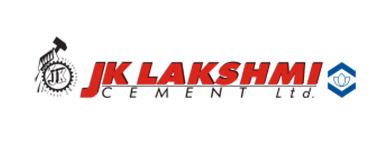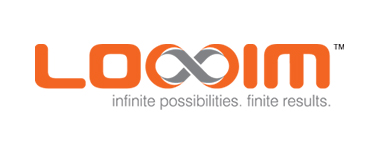
Frequently Asked Questions on ISO 9001
ISO 9001 is an international standard for Quality Management Systems (QMS) that helps organizations ensure consistent delivery of high-quality products and services, leading to customer satisfaction and continuous improvement.
The main purpose of ISO (International Organization for Standardization) is to develop and publish international standards that provide specifications, guidelines, and best practices to ensure consistency, safety, and quality of products, services, and processes worldwide. ISO standards cover various fields, including technology, manufacturing, healthcare, finance, and more, with the aim of facilitating international trade, promoting innovation, and enhancing global cooperation. These standards serve as a reference for organizations, governments, and individuals, fostering uniformity and reliability in various industries and domains.
The ISO 9001 standard follows a structured approach, and its implementation typically involves the following steps:
1. Commitment and Leadership
2. Gap Analysis
3. Quality Policy and Objectives
4. Process Mapping
5. Documentation
6. Implementation and Training
7. Internal Communication
8. Operational Controls
9. Performance Evaluation
10. Corrective and Preventive Actions
11. Continual Improvement
12. Certification (Optional)

















